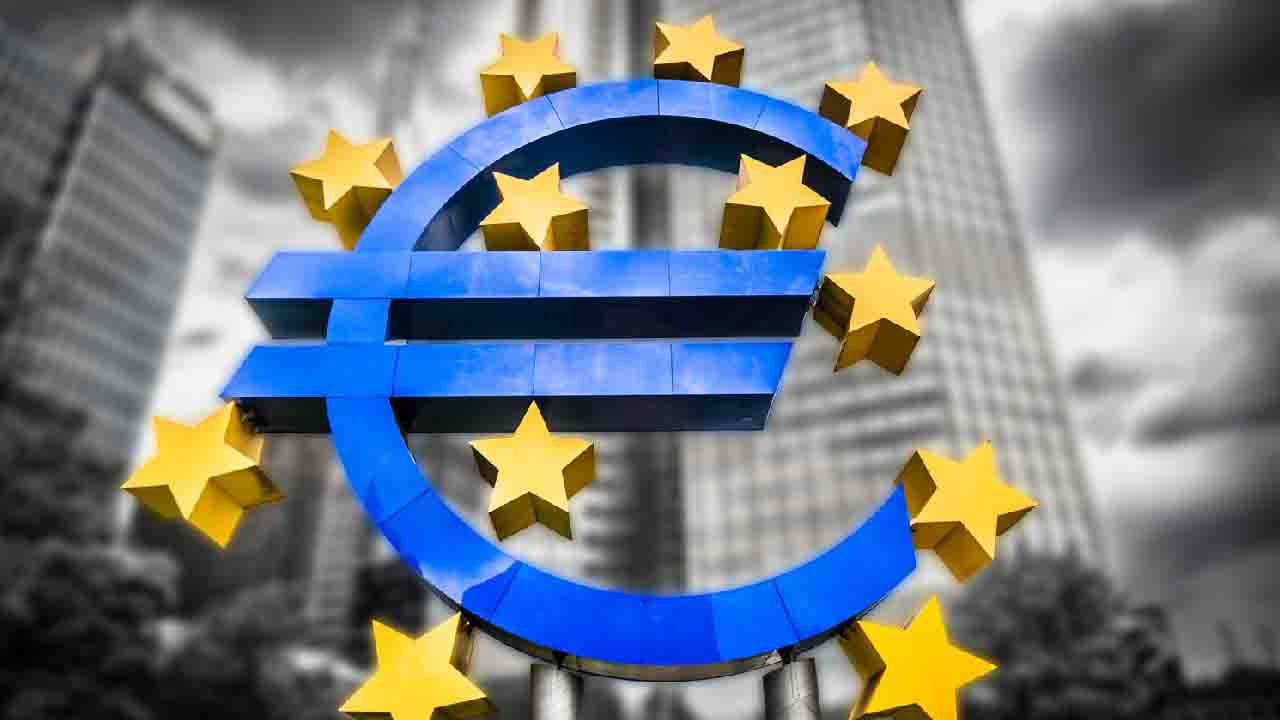The European Union (EU) has had a profound impact on trade and businesses since its establishment. As a powerful economic and political union comprising 27-member states, the EU has created a single market and implemented policies that have transformed trade dynamics within its borders and influenced global trade patterns. Here, we will explore some of the key impacts of the EU on trade and businesses. One of the most significant contributions of the EU to trade is the establishment of the single market. The single market is a vast economic area where goods, services, capital, and people can move freely across borders without internal barriers. This integration has led to increased trade volumes and facilitated the growth of businesses by providing them access to a larger consumer base. Companies can expand their operations across multiple member states, benefiting from economies of scale, reduced trade barriers, and simplified regulations.
The EU has also played a crucial role in negotiating trade agreements with other countries and regions. Through the European Commission, the EU represents its member states in trade negotiations and seeks to create favorable trade conditions for its businesses. The EU’s negotiation power as a collective bloc allows it to achieve better market access, lower tariffs, and harmonize regulatory frameworks. For instance, the EU has negotiated trade deals with major partners like Canada, Japan, and South Korea, providing enhanced export opportunities for European businesses. Moreover, the EU has implemented common trade policies and standards that promote fair competition and consumer protection. The EU’s common external tariff ensures a level playing field by imposing uniform tariffs on imports from non-EU countries. Additionally, the EU has established rigorous product standards and regulations, such as the CE marking, which ensures conformity with health, safety, and environmental requirements. These measures not only protect consumers but also provide businesses with clear guidelines for accessing and operating in the EU market.
The EU has also fostered innovation and research through its funding programs. The Horizon Europe framework program, for example, supports research and innovation projects, enabling businesses to develop new technologies, products, and services. By promoting collaboration and knowledge exchange, the EU has facilitated the growth of industries such as information technology, renewable energy, and healthcare, driving competitiveness and economic development. Furthermore, the EU has created a stable and predictable business environment through the euro, its common currency. The euro has eliminated exchange rate fluctuations and reduced transaction costs for businesses operating within the Eurozone. It has also enhanced financial integration, making cross-border investments and trade transactions more seamless.
However, the impact of the EU on trade and businesses is not without challenges. Some argue that EU regulations can impose burdensome administrative requirements on businesses, particularly small and medium-sized enterprises (SMEs). Compliance with complex regulatory frameworks and standards may create barriers to entry and hinder the competitiveness of certain industries. Additionally, the EU’s trade policies and agreements have faced criticism for not adequately protecting certain sectors or for disadvantaging developing countries. Brexit, the withdrawal of the United Kingdom from the EU, also has significant implications for trade and businesses. The UK’s departure from the single market and customs union has led to new trade barriers and uncertainties, requiring businesses to adapt their supply chains, comply with new regulations, and navigate different trade relationships.
In conclusion, the EU has had a profound impact on trade and businesses. Through the establishment of the single market, negotiation of trade agreements, implementation of common policies and standards, and support for innovation, the EU has facilitated trade growth, provided market opportunities, and fostered competitiveness. However, challenges and criticisms remain, requiring ongoing efforts to balance regulatory burdens, address sector-specific concerns, and promote inclusive trade practices.








